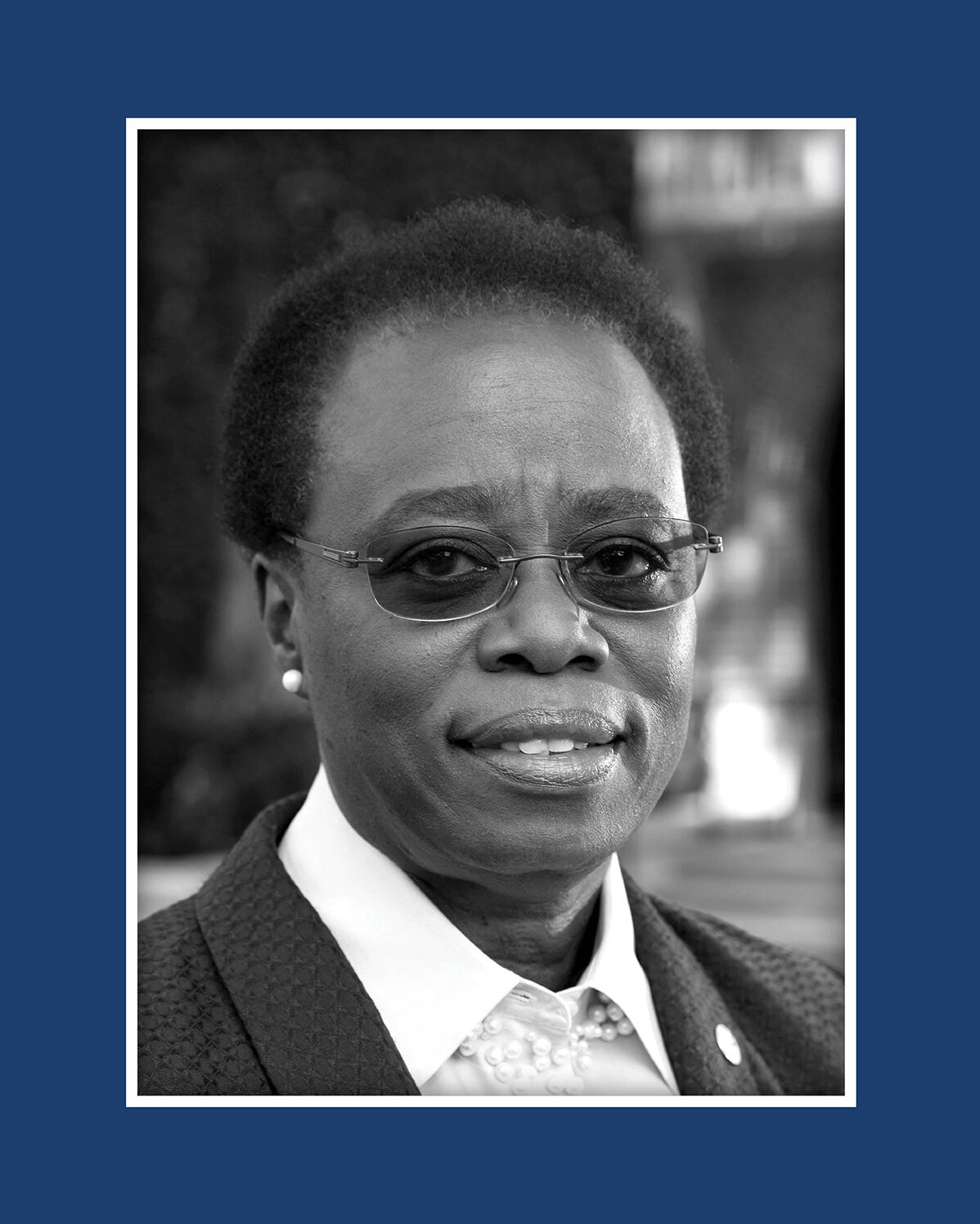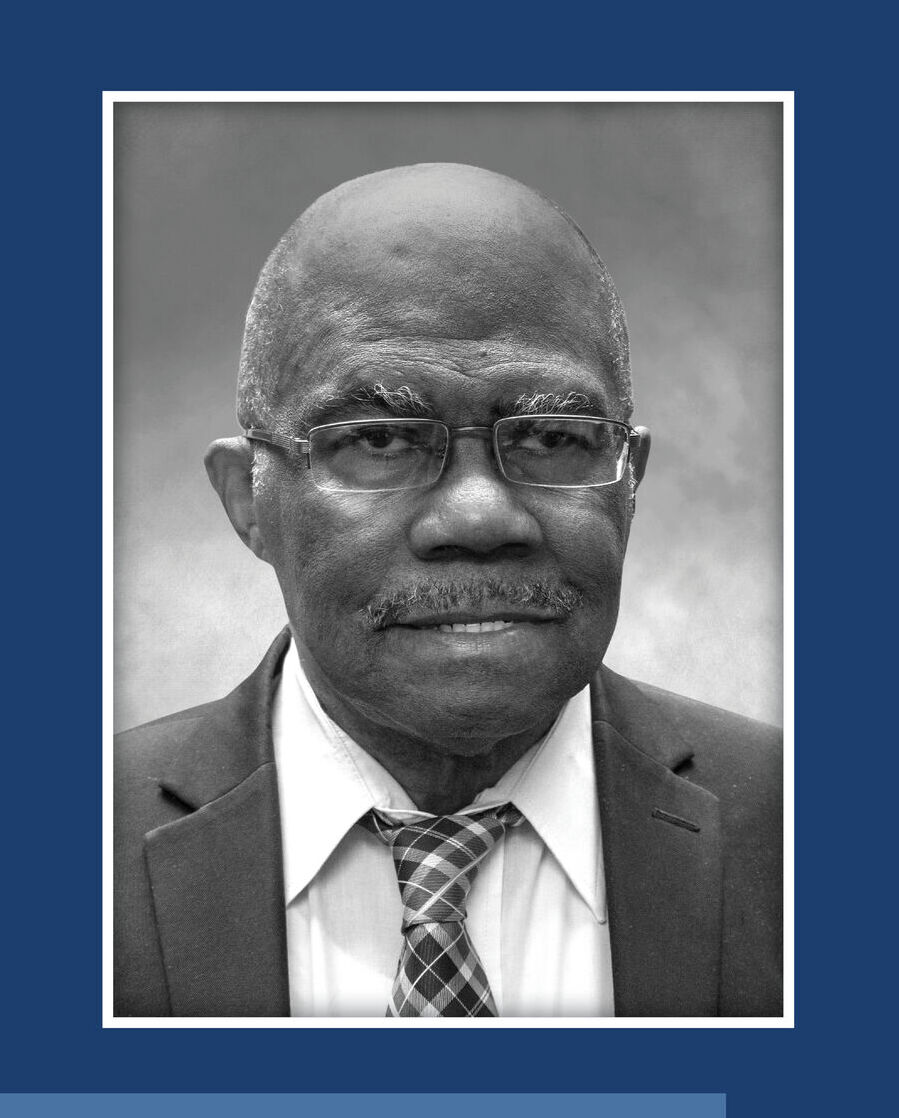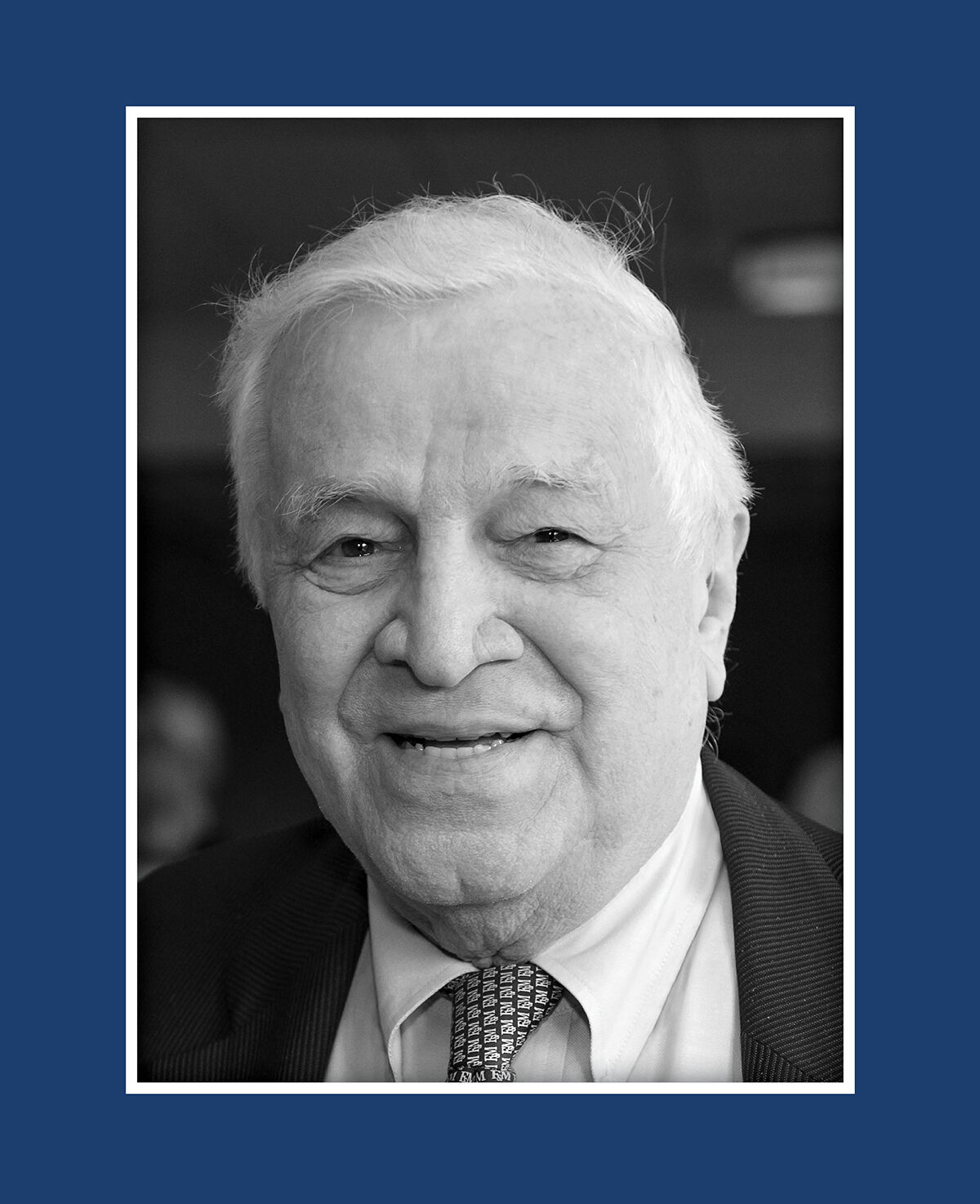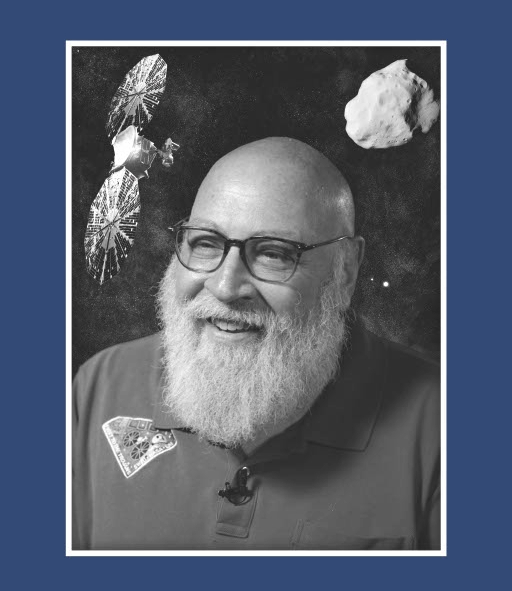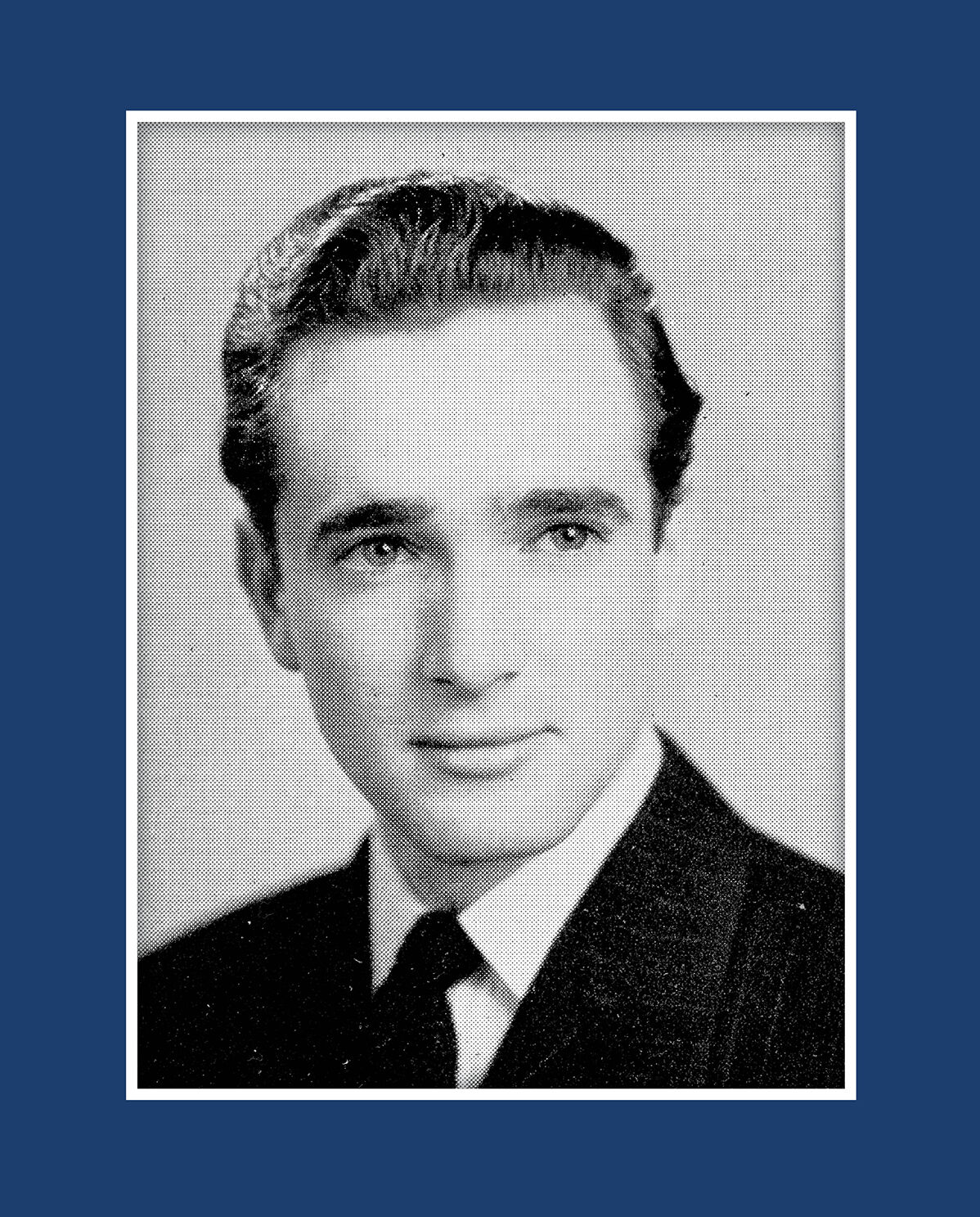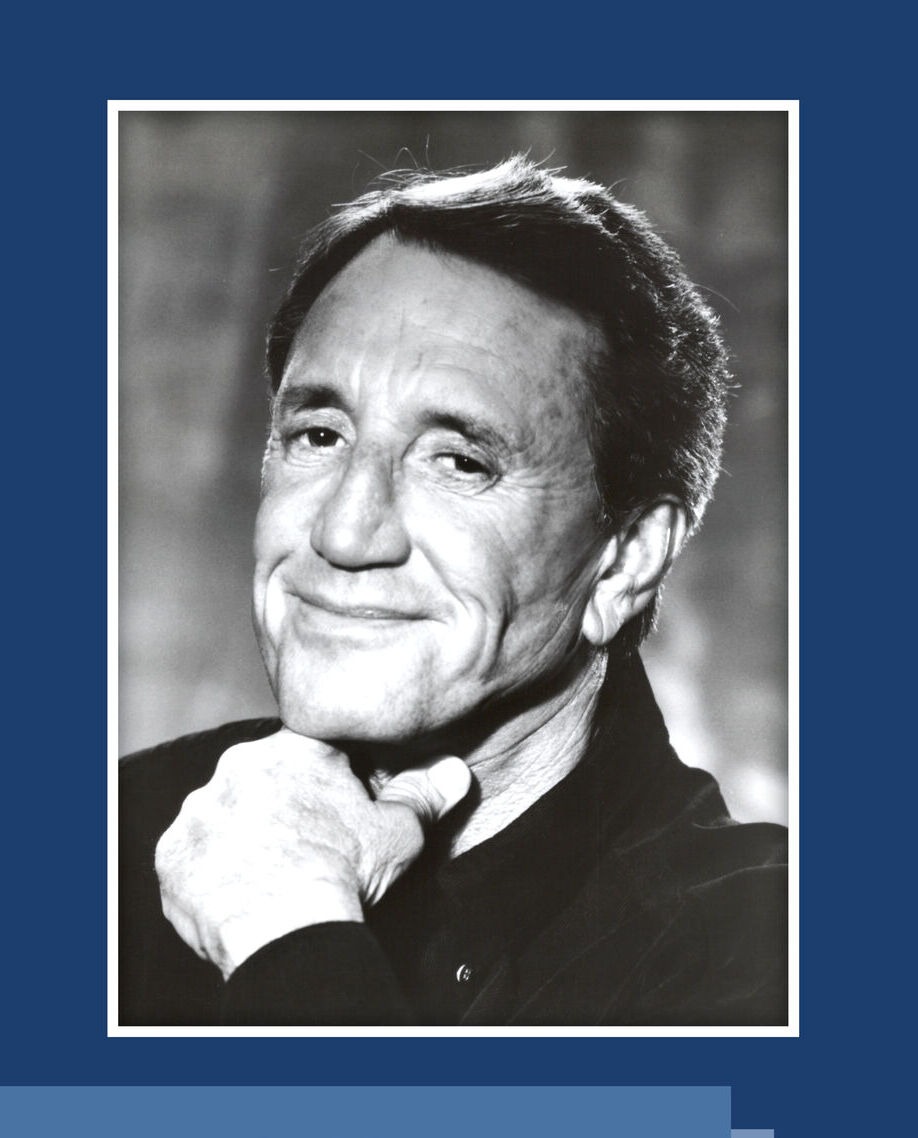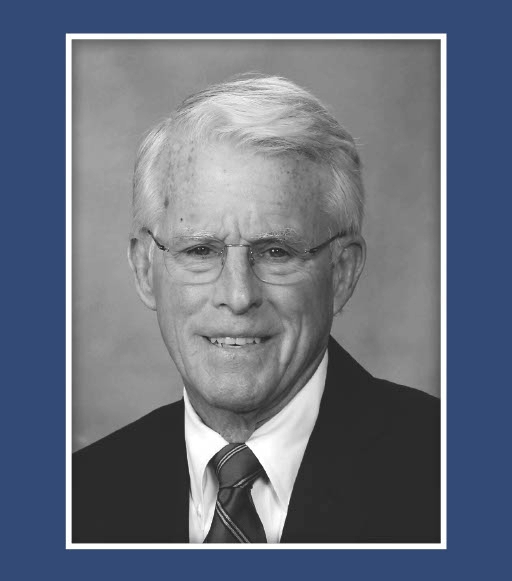Stan Brand’s practice covers all levels of state and federal courts, with an emphasis on defending the rights of witnesses involved in government investigations.
Brand has represented numerous individuals and organizations investigated by and/or called to testify before the U.S. Congress. He has a recognized expertise in the application of the separation-of-powers doctrine. And his diverse litigation and counseling practice also includes the representation of corporations, trade associations, labor unions and individuals in major Department of Justice, grand jury, and independent counsel investigations and trial proceedings, including Whitewater, Housing and Urban Development, the savings and loan crisis, and the campaign finance task force investigations. He also have represented individuals and entities involved in contested election proceedings.
From 1976 to 1983, Brand served as general counsel to the U.S. House of Representatives under Speaker Thomas P. “Tip” O’Neill, Jr. and was the House’s chief legal officer responsible for representing the House, its members, officers and employees in connection with legal procedures and litigation arising from the conduct of their official activities. After leaving the House, Brand had a succession of high-profile, political and public corruption cases and clients, including former White House aide George Stephanopoulos in the Whitewater investigation, former congressman and Gore 2000 campaign manager Tony Coelho, former House Majority Whip Bill Gray, congressmen Dan Rostenkowski and Joe McDade, and former executive agency officials.
Most recently, Brand spent more than five years with the Global AmLaw firm Akin Gump Strauss Hauer & Feld LLP. Before which, Brand was the founding partner of Brand Law Group, a Washington, D.C.-based law firm specializing in matters at the intersection of politics and criminal law. As Vice President of Minor League Baseball, he handles the organization’s government relations activities
Brand has been featured in The Washingtonian magazine’s survey of the 75 best lawyers in Washington. And Brand has been named by the Legal Times as a White Collar Crime “Top Gun” for knowing “when to fight and when not to fight.”
Brand widely appear on network, public and cable television, including ABC News and ABC’s “Nightline,” NBC News, CBS News, Fox News, Court TV, NPR’s “All Things Considered,” CNN’s “Lou Dobbs Tonight,” MSNBC’s “Hardball,” John McLaughlin’s “One on One,” and ESPN’s “SportsCenter” and “Mike and Mike in the Morning” on the subject of corporate, public and political ethics, congressional procedure and criminal law. Brand was also a paid consultant and commentator to ABC News during the Bush/Gore 2000 election dispute.
Stan also serves as a distinguished fellow in law and government at Penn State University’s Dickinson School of Law and the on-site coordinator of the Washington semester program.
More about Stan:


